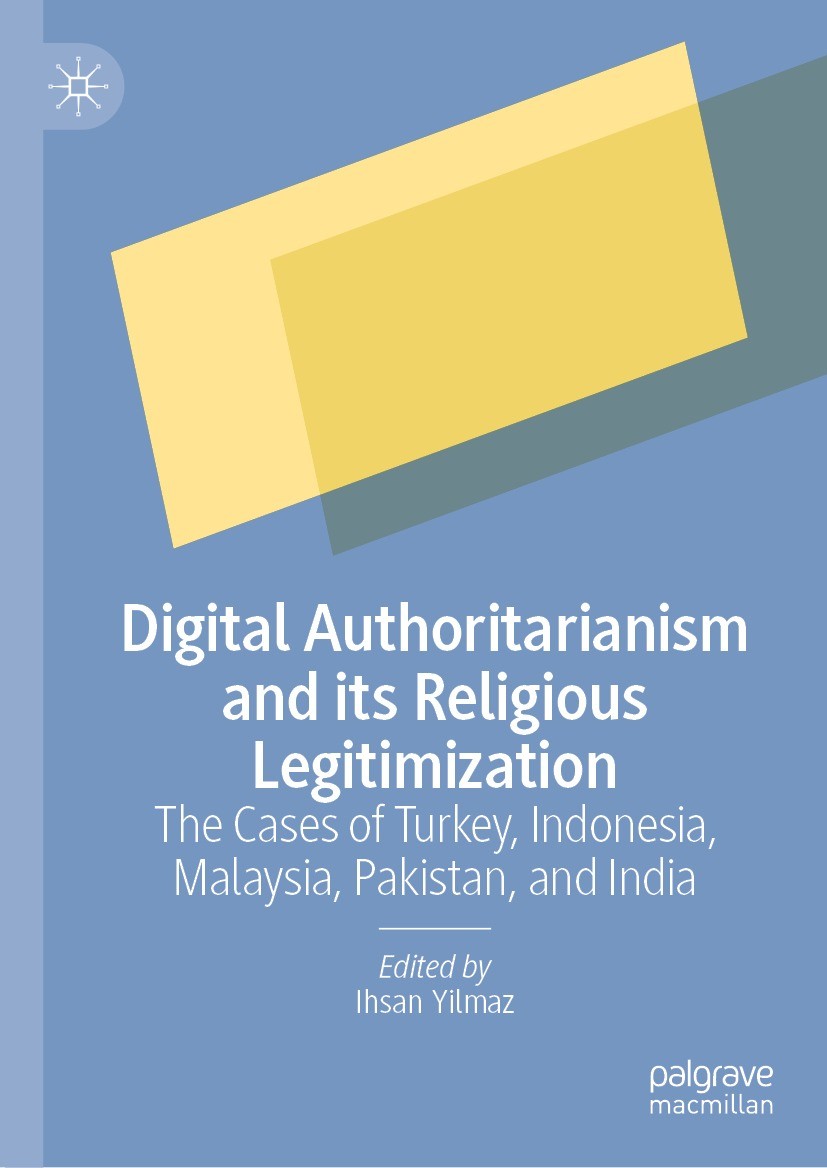| 书目名称 | Digital Authoritarianism and its Religious Legitimization | | 副标题 | The Cases of Turkey, | | 编辑 | Ihsan Yilmaz | | 视频video | http://file.papertrans.cn/280/279113/279113.mp4 | | 概述 | Explores how governments practice digital authoritarianism.Includes research on the various technological levels; network level, sub-network level, proxy level, and user level.Elaborates on how govern | | 图书封面 |  | | 描述 | .This book explores how digital authoritarianism operates in India, Pakistan, Turkey, Indonesia, and Malaysia, and how religion can be used to legitimize digital authoritarianism within democracies. In doing so, it explains how digital authoritarianism operates at various technological levels including sub-network level, proxy level, and user level, and elaborates on how governments seek to control cyberspace and social media..In each of these states, governments, in an effort to prolong – or even make permanent – their rule, seek to eliminate freedom of expression on the internet, punish dissidents, and spread pro-state propaganda. At the same time, they instrumentalize religion to justify and legitimize digital authoritarianism. Governments in these five countries, to varying degrees and at times using different methods, censor the internet, but also use digital technology to generate public support for their policies, key political figures, and at times their worldview or ideology. They also, and again to varying degrees, use digital technology to demonize religious and ethnic minorities, opposition parties, and political dissidents...An understanding of these aspects would help | | 出版日期 | Book 2023 | | 关键词 | Digital Authoritarianism and Religion; Hindu Nationalism in India; Digital Governance in Pakistan; Reli | | 版次 | 1 | | doi | https://doi.org/10.1007/978-981-99-3600-7 | | isbn_softcover | 978-981-99-3602-1 | | isbn_ebook | 978-981-99-3600-7 | | copyright | The Editor(s) (if applicable) and The Author(s), under exclusive license to Springer Nature Singapor |
The information of publication is updating

|
|
 |Archiver|手机版|小黑屋|
派博传思国际
( 京公网安备110108008328)
GMT+8, 2026-2-7 11:02
|Archiver|手机版|小黑屋|
派博传思国际
( 京公网安备110108008328)
GMT+8, 2026-2-7 11:02


